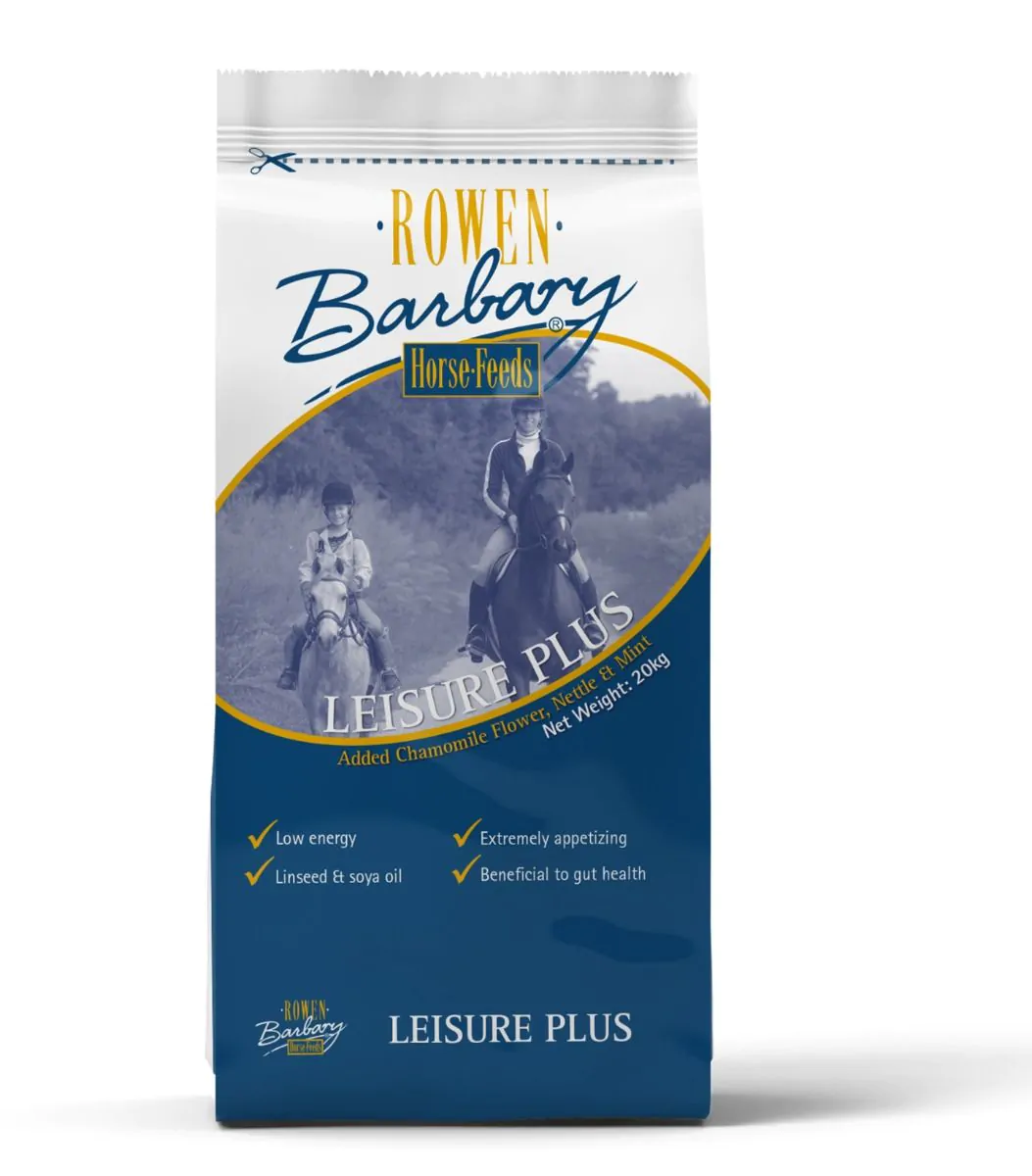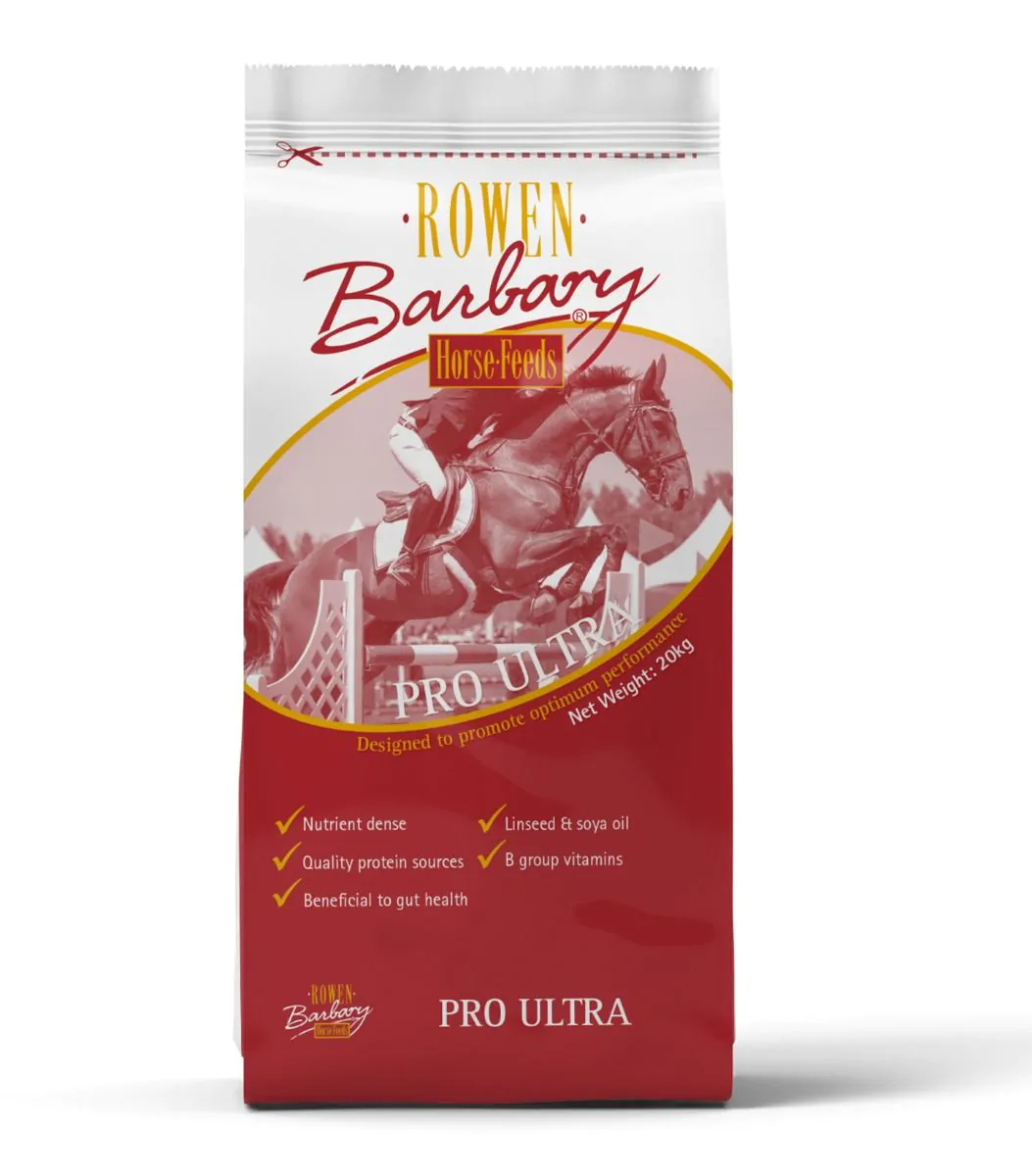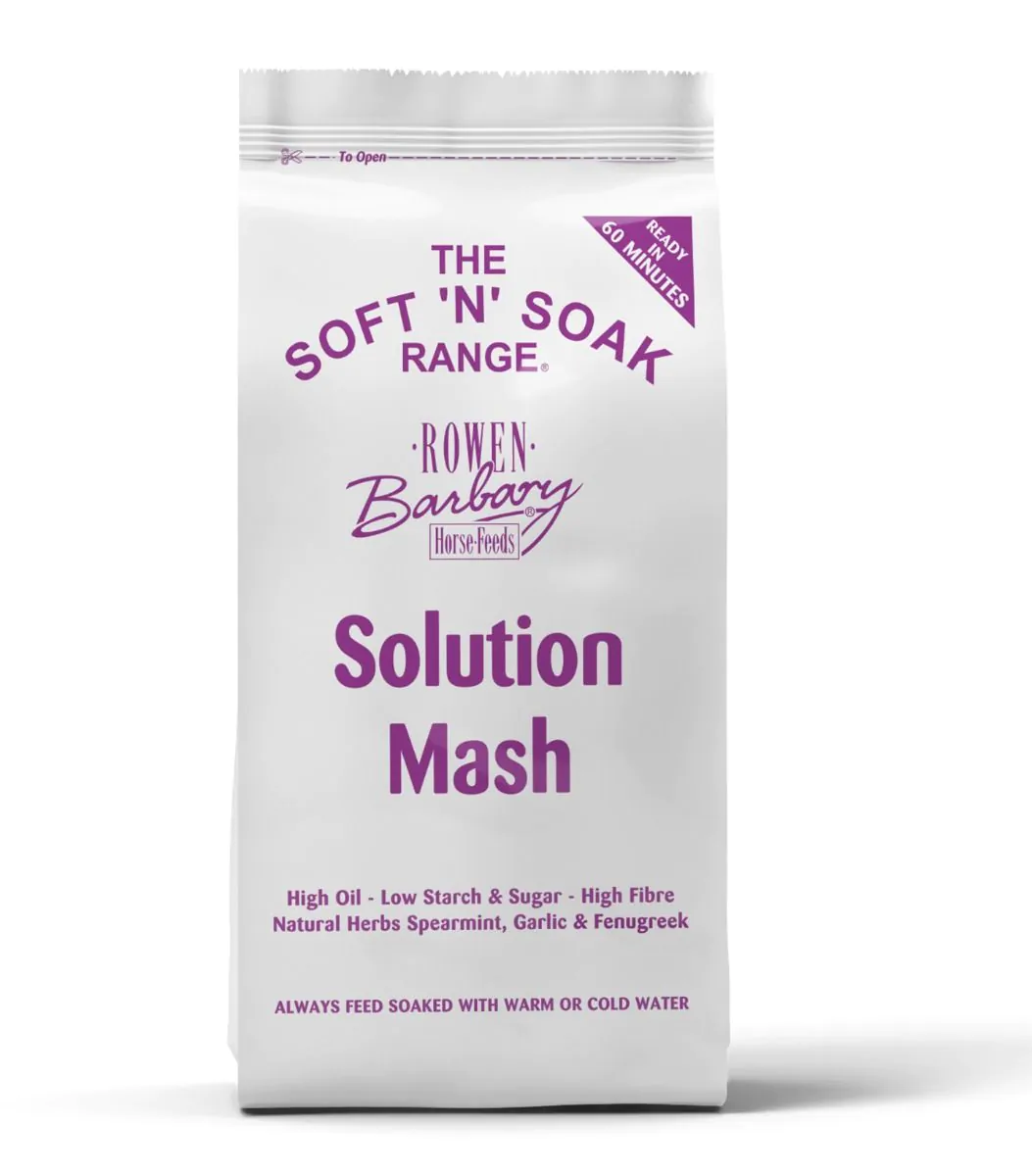- 28th August 2019 by Rowen Barbary
Feed Your Horses Personality
As the season gets off to a flying start and show dates are pencilled into your calendar are you and your horse ready for the busy summer ahead?
Good feeding is key to success for any competition horse and a carefully managed diet can mean the difference between 1st and 2nd. When planning a diet for your horse consider what your main goals are, what will you be asking your horse to do?
When choosing a feed it is important to remember that every horse is an individual with no two horses being exactly alike in size, shape and type. For example a highly strung Thoroughbreds diet will vary dramatically to that of a laid back Middleweight so just because a feed works well on one horse it will not necessarily do the same for another.
The Adrenaline Junkie
These type of horses tend to be naturally very forward going and can become easily excitable, so it is important to keep the levels of starch in the diet to a minimum, diets containing high levels of starch that are digested relatively quickly by the horse produce fast release energy which is the type of energy that can cause some horses to become over excitable. Choose a feed that is high in fibre and if additional energy is required for stamina consider adding oils into the diet.
The Fussy Eater
There are many reasons why a horse may be a fussy eater, whether this is due to the flavour and texture of the feeds or if they just have a small appetite. If possible divide the overall concentrate into as many small meals a day as possible in order to avoid overloading the stomach which can cause digestive upsets and affect appetite. Choose a feed that is nutrient or energy dense, high oil supplements are also an extremely useful way of boosting calorie intake without significantly adding to the overall volume fed.
The Sensitive Horse
If you have a horse that is sensitive and suffers from a feed intolerance you first need to establish what component of the feed is responsible, which often means placing a horse on an elimination diet. The simplest way to do this is to go back to basics by feeding your horse a high quality fibre based product and then slowly building your horses feed back up. Choose a feed that is cereal free with a very low starch and sugar content, ideally with a combined level of less than 10%.
The Good Doer
The good doer often lacks energy and can tend to be a bit lazy. However putting more energy into the diet can often increase the risk of weight gain, so the first objective is to ensure that they are of a healthy weight and that the diet is well balanced. If more energy is still required choose a feed that contains some cereals, as this will provide instant fast release energy. However, be careful to adjust the quantity fed depending upon work.
The Perfect Partner
If you are lucky enough to own a perfect partner then the main consideration should be given to feed according to workload and condition. Most horses in light to moderate work such as those competing in regular Pony Club and Riding Club activities will do well on a high fibre diet that is fully balanced. However, a horse in hard or intense work will need a combination of energy sources including fibre, oils, protein and cereals to meet the demands of work.

About Rowen Barbary
All manufacturing at Rowen Barbary is carried out in a state of the art mill located in the heart of the Shropshire countryside. We use only the highest quality ingredients sourced, where possible, from local farms before they are blended by our dedicated team in our UFAS audited mill.
Rowen Barbary also conforms to BETA NOPS guidelines with raw materials & finished feeds regularly laboratory tested to ensure that every bag of feed continues to meet not only ours, but also your high standards.
We Recommend...




